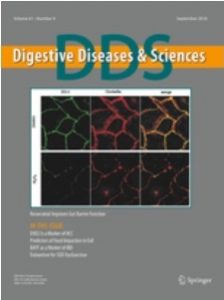Johnson LF, DeMeester TR
Dig Dis Sci. 1981 Aug;26(8):673-80.
To ascertain how elevation of the head of the bed, bethanechol, and antacid foam tablets affect gastroesophageal reflux, we used prolonged intraesophageal pH monitoring in 55 symptomatic patients. Acid exposure was separated into reflux frequency and esophageal acid clearance time and recorded during the day in the upright posture and recumbent at night. Values before and during each therapy were compared to physiologic reflux in 15 asymptomatic controls. Ten patients slept with the head of the bed elevated and had a 67% improvement in the acid clearance time (P less than 0.025); however, the frequency of reflux episodes remained unchanged. Twelve patients given 25 mg of bethanechol 4 times a day had a 50% decrease in recumbent acid exposure only (P less than 0.05), due to a trend towards decreased reflux episodes and acid clearance in time. Bethanechol combined with head of bed elevation in 19 other patients decreased both reflux frequency (30%) and acid clearance time (53%, all P less than 0.05). Antacid foam tablets failed to significantly diminish acid exposure. Nocturnal reflux responded the best to those therapies tested.
Link to abstract on PubMed: Johnson LF, et al; Dig Dis Sci. 1981 Aug;26(8):673-80.


